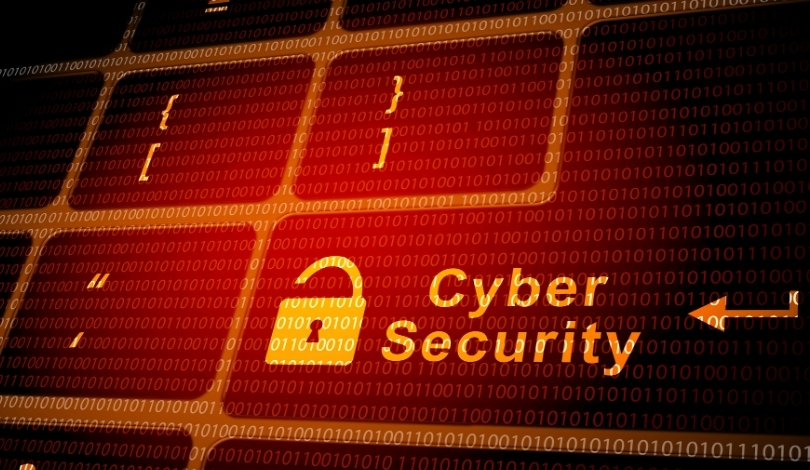A recent international warning has brought renewed focus to the alleged collaboration between Chinese technology companies and state-backed hacking groups. The alert, issued by several cyber agencies, claims that Chinese firms have assisted groups such as Salt Typhoon in conducting cyberespionage activities worldwide. International concern grows as these groups target sensitive sectors, causing policymakers to re-evaluate the effectiveness of China’s approach to offensive cyber operations. In response, officials stress the need for robust countermeasures across both public and private sectors regardless of organization size, noting that vulnerabilities can emerge anywhere. As digital networks interconnect globally, any mistake by an actor can rapidly widen the risk landscape for multiple nations.
Reporting from previous investigations into Chinese cyber activities consistently described advanced planning and operational discipline by government-linked groups. Analysts had suggested that using domestic companies helped shield Chinese interests and increase operational resilience. However, the current findings suggest that this approach introduces oversight challenges for Beijing, occasionally enabling foreign investigators to trace malicious activity back to the source and attribute incidents with greater certainty.
Why Does Outsourcing Increase Beijing’s Exposure?
Security experts point out that China’s use of private technology companies to support cyber operations complicates command and control. The decentralized nature of these companies leads to inconsistent implementation, increasing the likelihood of operational mistakes. As FBI cyber division deputy assistant director Jason Bilnoski notes, the approach can compromise government objectives:
“These enabling companies, they failed,”
he said, citing recent investigations that have uncovered details about such operations.
How Are International Agencies Responding?
Global cyber agencies have expanded their monitoring, drawing attention to networks operated by companies such as Sichuan Juxinhe Network Technology, which faces U.S. sanctions. Coordination between international bodies has increased, with the intent of sharing threat intelligence and responding collaboratively to incidents. The warning released this week traces activity back to at least 2021, highlighting ongoing coordination among agencies to mitigate cyber threats attributed to Chinese organizations.
Will New Legal Obligations in China Impact These Activities?
China has enacted a series of regulations since 2014 that affect corporate data handling and national security compliance. Despite these rules, reports indicate that companies can still be involved in state-directed hacking, potentially without clear government oversight. These factors have sometimes allowed foreign investigators to exploit regulatory gaps and detect nefarious activity. Bilnoski further commented:
“We need the American people, we need our partners around the world to take action here, not just with Salt Typhoon, but with all the indiscriminate actions that the CCP has been undertaking over the last few years.”
Attribution of cyberattacks remains a complex endeavor, often obstructed by denials and lack of response from Chinese companies accused of participating in hacking campaigns. Industry analysts maintain that continuous sharing of intelligence and responsive measures are needed to strengthen cyber defense. Agencies caution that no single sector or nation remains immune to such activities, advising both multinational corporations and smaller businesses to remain vigilant in cybersecurity practices.
The issue of reliance on domestic vendors in state-sponsored hacking efforts highlights a nuanced vulnerability in China’s cyber strategy. While regulatory frameworks are meant to bolster control, enforcement gaps can weaken state supervision, resulting in operational errors. For international stakeholders, staying informed about attribution developments and maintaining proactive defense postures is vital. Government alerts and cross-sector collaboration remain key in deterring the broader threat landscape posed by persistent cyber groups such as Salt Typhoon.










